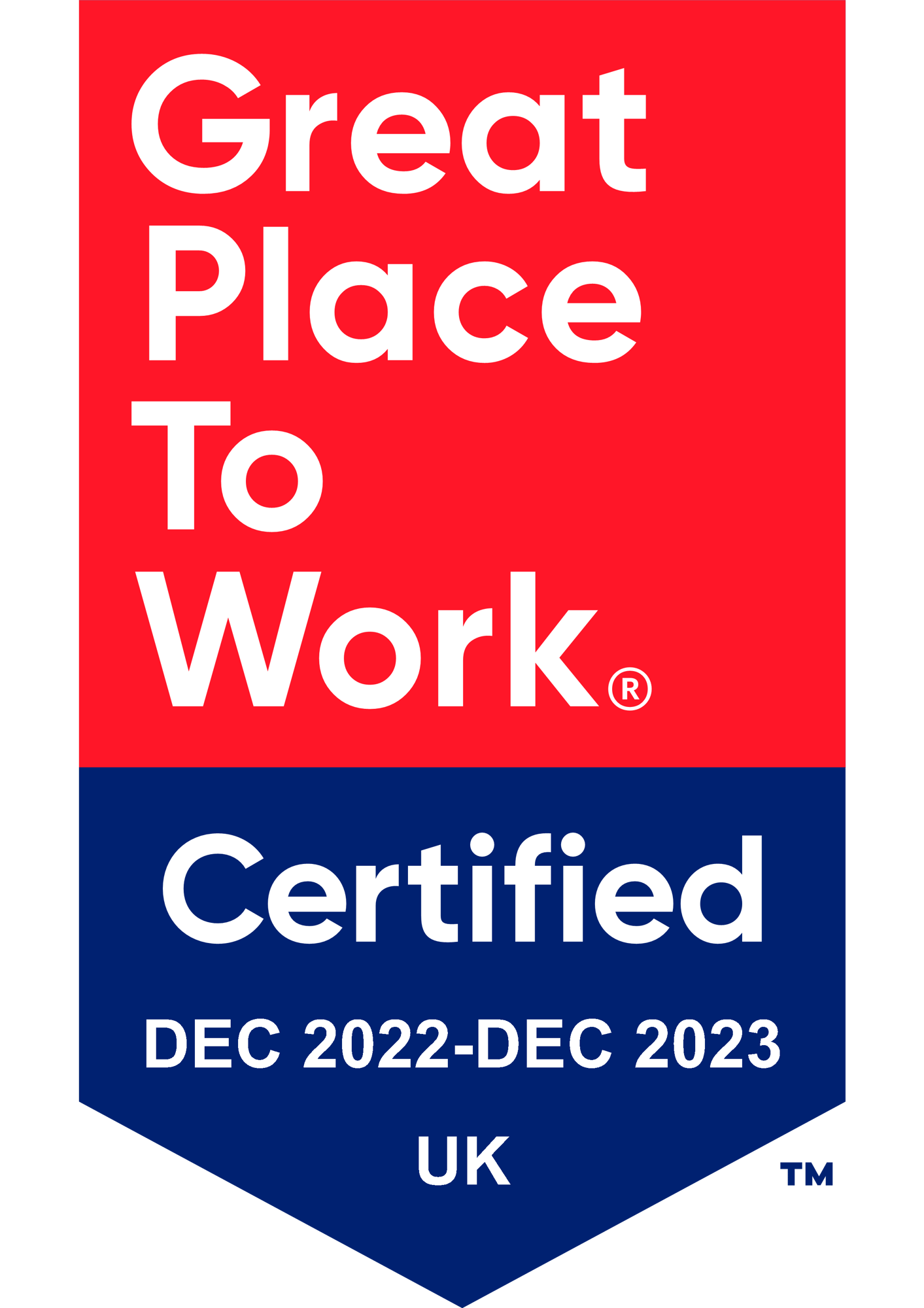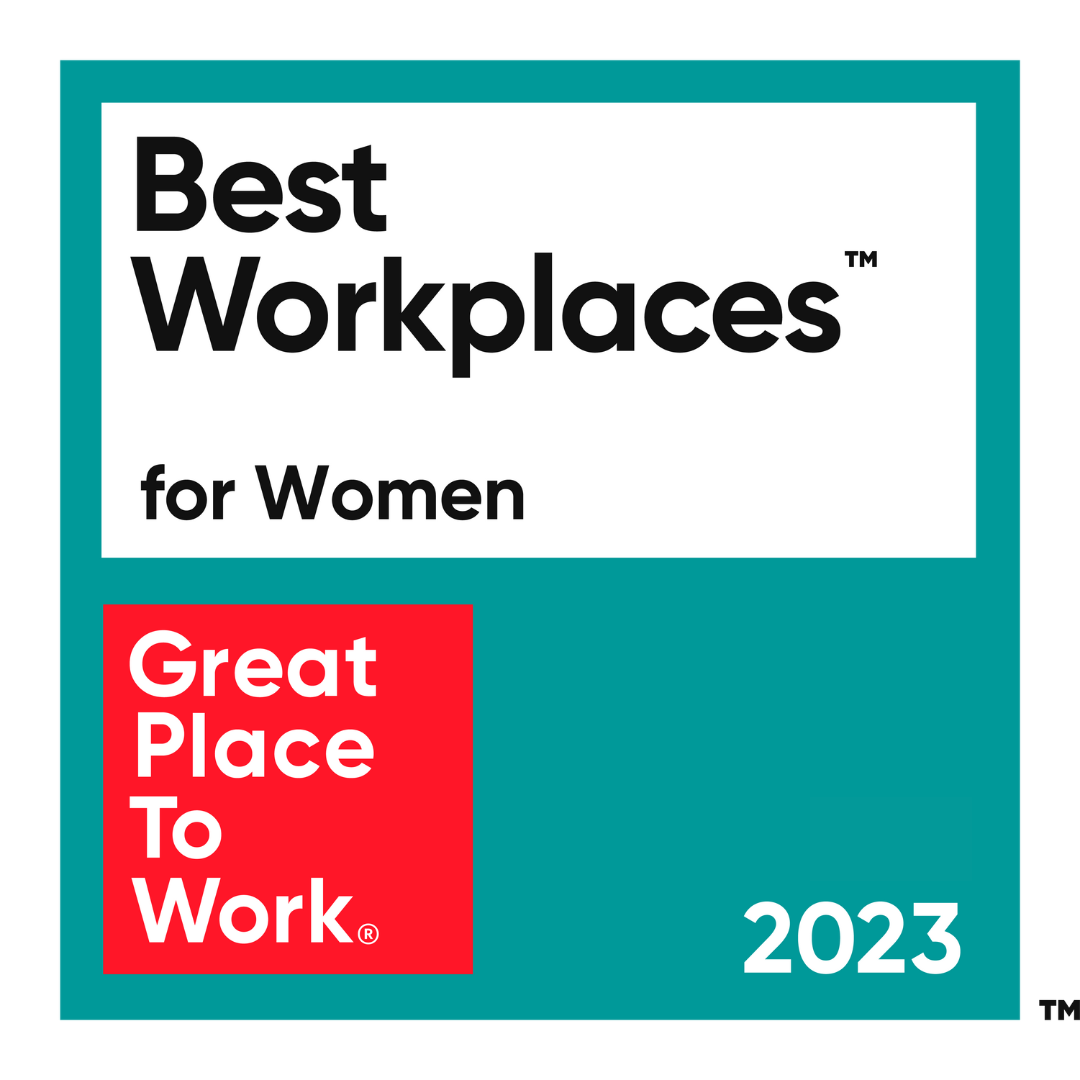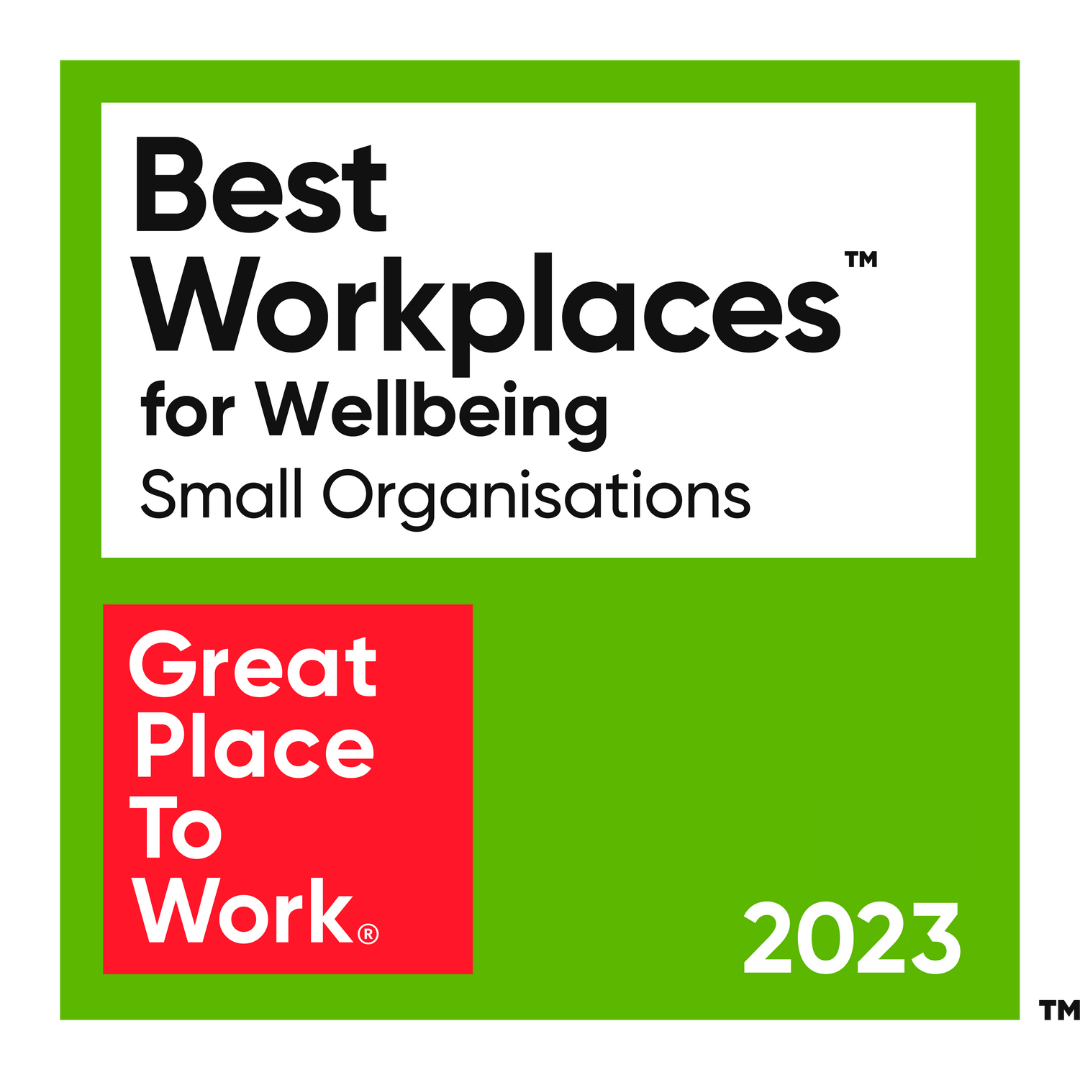Using an experienced independent media consultant to support for your media management processes will pay dividends for companies whatever their size.
For smaller businesses with limited expertise in-house the benefits are very obvious, but even larger organisations with strong in-house talent will benefit from objective outside counsel.
The support that a media consultant can offer ranges from reviewing your operating model, how you measure and manage value to managing your key performance measures and ultimately selecting the right media partner or partners.
A media consultant has unrivalled exposure to current best-in-class practice and can support transformation programmes from the moment of conception through to building the business case for change and implementing it.
Selecting your consultant:
Process is key when it comes to selecting the right media consultant to support your team.
Clearly, location, and category experience are obvious hygiene factors but it is also critical that your partner can clearly demonstrate their objective, independence and bespoke advisory services.
They should show a clear understanding of your challenges and a passion for your business, as well as a clear understanding of the role media currently plays in the organisation.
The right team will be able to provide relevant references and case studies of work they have done on similar projects.
Finally, in a landscape that is quite rightly focussed on transparency, they should also provide absolute clarity on fee structure and invoice processes.
How to brief a media consultant:
Briefing potential consultancy partners properly is crucial because the team you select is going to become a fundamental part of your business for many months.
You need to define a clear scope of work, detailing the support you need, precise timings and clear deliverables. You must also make sure that your partner understands the reasons for the process you are about to undertake. Face-to-face or chemistry meetings allow both parties to get to know each other.
Building such relationships at an early stage is critical. Not only will you be working very closely for as much as a year or more but you need to trust your team go the extra mile.
You want experts who have the confidence to deal with whatever comes up, protecting your reputation, your business and the process.
We typically ask advertisers seven questions in chemistry sessions:
- What is the ideal outcome from this project or work-stream?
- How will success be judged internally?
- What timeline / major milestones do you know of already, what others are laid out ahead that we will need to work around or toward?
- Can you simply describe the benefits to your company (as you see them) of investigating and improving your approach to media?
- What are likely to be the major barriers that need to be overcome to achieve this success at the company?
- Are you aligned on who the main stakeholders are and the decision-making process / protocol?
- Which brands or categories do you believe may already be solving this type of challenge?
Armed with such information, an experienced consultant can put together a proposal designed to deliver your desired outcome. This, along with a clearly costed resource and timing plan, will allow you to look beyond the fee proposal and make the right selection.
One very innovative advertiser from financial sector recently invited us for a get-to-know session before they had even published the brief. As well as being very open and candid, the meeting was incredibly motivating. We left confident that we understood their challenges, their motivations and how we could help.
Moreover, we were even more determined than normal to make sure we were successful.






COMMENTS